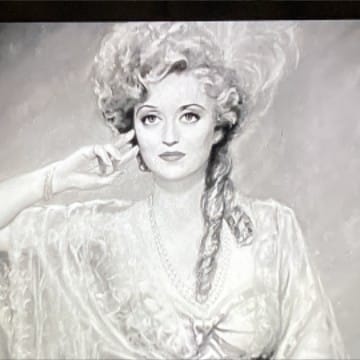What is measured in curie?
Correct answer: Radioactive decay and intensity

Maestra
She is one of my heroes. Only person to win TWO Nobel Prizes in Science. So tenacious!!! 😁
jaun we
I never knew that about the Curi .Fascinating.

Player #25874027
Tom, Infrared radiation also gives us heat in heating and cooking
Tom
Maestra,
She was the first.
But Bardeen (PH), Sanger (CH) subsequently got two.
Tom
Not sure about intensity , which is normally a measure of power/ area.
So I would multiply the radiation counts (per unit time) by the average energy per particle in a unit area to get intensity.
Also, people get scared by the mention of radiation.
alpha, beta, gamma and neutron radiation behave differently from each other.